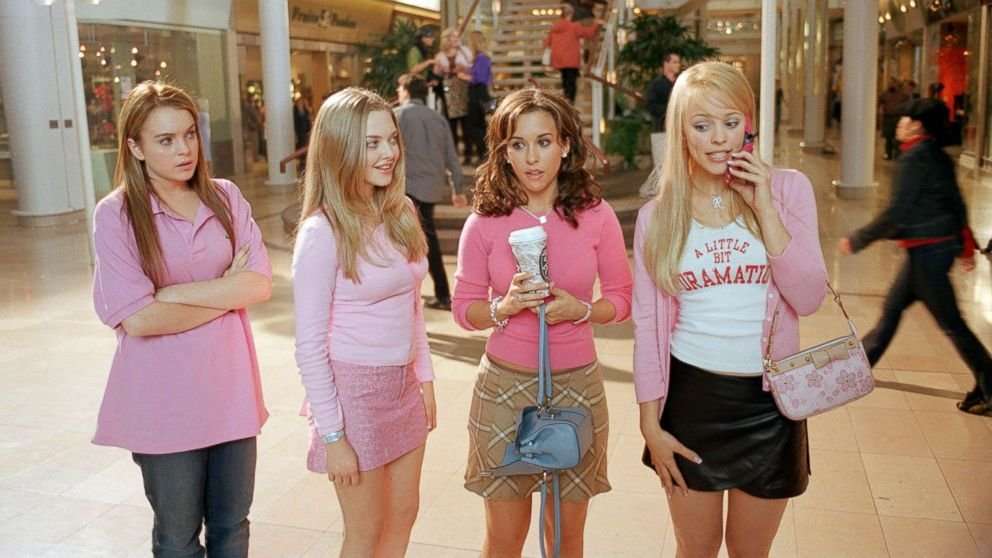Although high school students may think popularity is of the utmost importance, a new study found that it may not lead to long-term happiness.
What mattered more, according to the study published in the journal Child Development, is whether the teens had close friendships they maintained over time.
"Youth with higher levels of attachment to their best friends appear to have better psychological health, psychosocial adjustment, and even a more adaptive stress response during adolescence," the study authors said. "In general, adolescents with high-quality close friendships report higher rates of overall happiness than those without."
The study looked a group of students from the same school over time, to study the correlation between adolescent friendships and long-term mental health. Researchers at the University of Virginia began following the 169 high school students from diverse racial and economic backgrounds from the age of 15, over a 10-year period through young adulthood. They asked questions and conducted in-depth interviews to assess their feelings about their own social anxiety, social acceptance, self-worth and symptoms of depression.
The study used its own unique measures to assess these areas of mental health, however, so the findings may not be typical of the general population or follow the usual diagnostic criteria for depression or anxiety.
The students in the study were each asked to identify their closest friend, who was also interviewed to assess the strength of their friendship.
To assess popularity, researchers asked classmates to list the top and bottom ten peers with whom they would want to spend free time. In this case, popularity was measured by which students received the highest percentage of "most liked" rankings.
Teens who put an emphasis on "gaining or maintaining their peer affiliation preference rather than focusing on forming stronger close friendships" did not fare as well in the long-term. The authors said those teens may be have been more focused on status and short-term rewards or relationships, which do not have the same positive long-term emotional benefits as being in a reciprocal, positive friendship.

belle204 on August 25th, 2017 at 21:32 UTC »
This might just be my experience but I don't think teenagers care about popularity as much any more, or at least in the way that those 90s/early 2000s movies depict them. I'm an incoming high school senior, who's jumped around schools, and a girl at that and the majority of people are completely happy in their friend groups. Sure there is a desire to be liked to some extent but I think that has more to do with people wanting to come off as agreeable and in such you don't really get those vicious, nasty popular types. In all honestly there are only a couple people of all the schools I've been to that are like that and usually they're either laughed off or pitied since most students understand that it's just 4 years of your life and if you really care that much about it it's kinda sad.
O_Apples on August 25th, 2017 at 18:29 UTC »
quality over quantity?
mwm424 on August 25th, 2017 at 17:48 UTC »
Is it that unhappy people don't make or keep close friendships, or people who don't make or keep close friendships become unhappy?